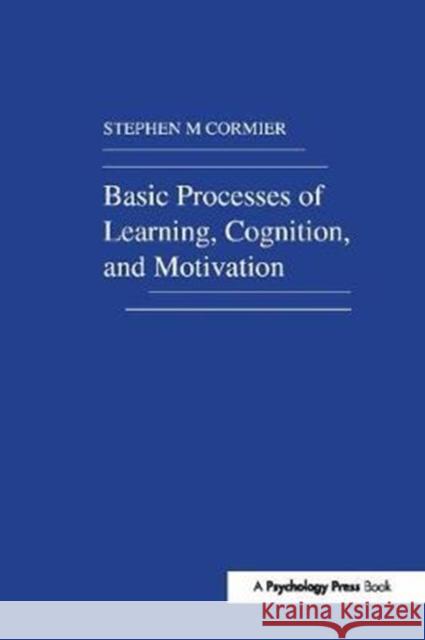Basic Processes of Learning, Cognition, and Motivation » książka
topmenu
Basic Processes of Learning, Cognition, and Motivation
ISBN-13: 9781138411739 / Angielski / Twarda / 2017
Basic Processes of Learning, Cognition, and Motivation
ISBN-13: 9781138411739 / Angielski / Twarda / 2017
cena 973,56
(netto: 927,20 VAT: 5%)
Najniższa cena z 30 dni: 881,54
(netto: 927,20 VAT: 5%)
Najniższa cena z 30 dni: 881,54
Termin realizacji zamówienia:
ok. 16-18 dni roboczych.
ok. 16-18 dni roboczych.
Darmowa dostawa!
First published in 1986. Routledge is an imprint of Taylor & Francis, an informa company.











